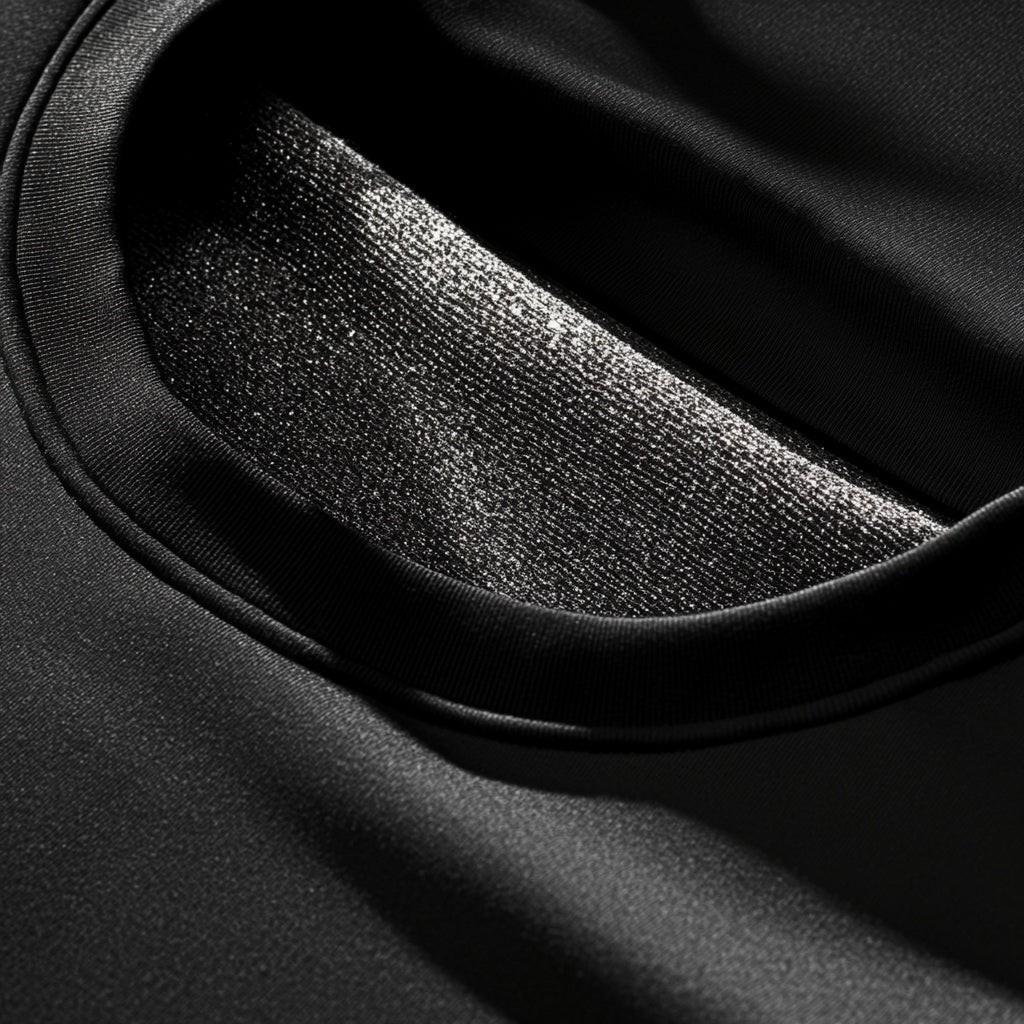Do you need to add caffeine to white tea?
White tea, on the other hand, has a more delicate flavor and scent than its more processed counterparts, black and green tea.
Although it has a lower amount of caffeine than some other varieties of tea, it is still sufficient to give you a little jolt of energy.
The kind of buds and leaves used, as well as their size, the temperature of the brewing process, and the length of time the tea is allowed to steep all contribute to the total quantity of caffeine in a cup. The normal range is between 6 to 55 milligrams per 8 ounce cup, however these numbers may shift quite a bit depending on the other elements.
- Natural Caffeine Source: The Camellia sinensis plant is the source of white tea's natural caffeine content, just like it is for black and green teas.
- Least Caffeinated: White tea is a softer option because it often has less caffeine than black and green teas.
- Variation in Caffeine: A number of variables, including the type of tea used, how it is processed, and how long it is brewed, can affect the amount of caffeine in white tea.
- Average Caffeine Content: Compared to coffee or black tea, white tea typically has far less caffeine—between 15 and 30 mg per cup.
- Benefits of Antioxidants: White tea is well-known for having a high concentration of antioxidants, which can have positive effects on health and give a little caffeine boost.
- L-Theanine Balance: L-theanine, which is also included in white tea and green tea, can be relaxing and may counteract the stimulating effects of caffeine.
- Caffeine Sensitivity: Since everyone reacts to caffeine differently, it's important to know how it affects you specifically.
- Decaffeinated Options: There are decaffeinated white tea options if you're trying to avoid caffeine or are sensitive to it.
- Moderation is key: White tea is a calming and nutritious beverage that offers the advantages of caffeine without being overindulged.
What Percentage of Caffeine Is Found in White Tea?
The leaves of the Camellia sinensis plant are used to make white tea, which is characterized by its airiness and delicacy. When brewed, it nevertheless contains enough caffeine to give you a pleasantly stimulating sensation, despite the fact that its caffeine content is lower than that of other forms of tea.
The kind and size of the tea buds and leaves, as well as the temperature of the water used to brew the tea and the length of time it is allowed to steep, are the primary factors that determine how much caffeine is present in white tea. White tea typically has between 6 and 55 milligrams of caffeine per cup (250 milliliters), depending on the brand.
It is crucial to keep in mind that consuming an excessive amount of caffeine may have a negative impact on your ability to fall or stay asleep, as well as cause you to feel agitated during the day. Caffeine can be consumed either as a hot or iced beverage. Reduce your consumption to no more than two to three cups each day so that you may maintain internal harmony.
White tea, in addition to containing caffeine, is also known to be packed with a variety of other healthy elements. Among them is l-theanine, which has been shown to increase serotonin and dopamine levels in the brain, so helping to relax you and improving your mood.
Polyphenols, which are antioxidants that help protect your body from the harm that free radicals can do, are another healthy ingredient that can be found in white tea. This may aid in the prevention of age-related conditions as well as persistent inflammation, a compromised immune system, and cancer.
GABA is a chemical that is known for its calming effects, and white tea has a lot of it. This molecule collaborates with the other neurotransmitters in your body to help control your feelings, as well as your sleep and wake cycles.
If you want to get the full advantages of white tea, you need to prepare it correctly and consume a wide variety of nutritious meals to keep your body in good shape. To get the most out of your brew, be sure to use clean, cold water and steep it for a very short amount of time at a low temperature. As a result, you will be able to get the most benefit possible from the healthy chemicals included in your white tea.
Silver Needle
There is a kind of tea known as white tea that originates from the Camellia Sinensis plant. There is caffeine in any and all true teas that are produced from this plant.
Caffeine is a naturally occurring stimulant that may be sourced from a variety of plant sources. It is generated by the plant as a defense mechanism against predatory insects. Additionally, it aids in the prevention and treatment of cardiac disease.
Despite this, consuming an excessive amount of caffeine may result in a variety of negative effects on one's health. Because of this, it is essential to be aware of how much caffeine is included in each different kind of tea that you consume.
The quantity of caffeine that is included in a certain kind of tea may vary greatly depending on a number of different variables. A number of variables, such as the quality of the tea leaves, the technique by which the tea is processed, and the quantity of water that is used to boil the tea, may all have an impact on the amount of caffeine that is contained in the tea.
The kind of buds that are utilized to create the tea is also an important consideration. Large bud cultivars, also known as "big leaf type" tea trees, are used to make some of the higher-quality types of white tea. These cultivars are termed da ye zhong.
Because these cultivars produce large buds, their caffeine content is much greater than that of cultivars producing smaller buds. Because of this, Silver Needle tends to have a greater concentration of caffeine than other varieties of white tea.
In addition to having a high concentration of caffeine, this tea is also abundant in antioxidants. Antioxidants are naturally occurring substances that assist in the reduction of free radicals, which are known to contribute to the development of illnesses and infections. Antioxidants are known to improve the health of the immune system as well as the cardiovascular system by lowering levels of "bad" cholesterol. Antioxidants may be found in many fruits and vegetables.
In addition to having a high concentration of caffeine, Silver Needle has a flavor that is silky and simple to enjoy, and it leaves a nice aftertaste that lingers in the mouth. Both seasoned tea connoisseurs and those who have never had the beverage before will find that it has a taste that is delicate and light, and a scent that is not overpowering.
Pai Mu Tan
Fujian, China is the origin of the top grade white tea variety known as Pai Mu Tan, which is also known as White Peony or Bai Mu Dan. This white tea is produced from young leaves and buds that are picked in the early spring, just before the buds open up and reveal their full potential. This method yields an infusion that is transparent and light in color and has a flavor that is subdued and somewhat sweet.
When compared to other types of white tea, Pai Mu Tan is regarded as having a higher level of potency and a more robust flavor. Those individuals who want a white tea with a more robust body will find this to be an excellent option.
Pai Mu Tan is classified as a white tea, which means that it has extremely low amounts of caffeine. However, the tea may have greater levels of caffeine if it is brewed with hot water and for a longer length of time. Additionally, it contains a large quantity of the amino acid L-theanine, which is known to facilitate relaxation without leading to feelings of sleepiness.
Additionally, it has a high magnesium content, which is known to help relax the nerves and lessen feelings of anxiety. This tea has a high concentration of antioxidants, which have been shown to inhibit the formation of cancer-causing mutations and provide protection against a wide range of cancers.
To enhance the flavor and scent of this tea, try enjoying it with the addition of some honey or lemon. This will give the tea a touch more sweetness. It tastes extremely wonderful when it is warm or when it is chilled.
This white tea is very well-liked, and for good reason: it is loaded with several beneficial properties, including the capacity to bring cholesterol levels down. In addition to that, it may aid improve digestion and increase immune function. In addition to this, it has been shown to reduce blood pressure and protect against the development of some malignancies. In addition to this, it has little calories, which makes it an excellent complement to a diet and way of life that emphasizes health and wellness.
Gong Mei
When compared to other forms of tea grown from the Camellia Sinensis plant, white tea is lower in its caffeine content. It typically has between 8 and 15 milligrams of caffeine per 8-ounce serving and is often regarded as having a caffeine concentration that is lower than that of green tea or black tea.
The bud and the young leaves that are used to make white tea have a greater concentration of caffeine than the older leaves that are used in other types of tea. The procedure of collecting these leaves requires that they be shielded from oxidation and heat; yet, as the leaves grow, the amount of caffeine that they contain decreases.
Because of this, a lot of individuals choose to consume teas that have a lower caffeine content. Because of this, individuals are able to take pleasure in the flavor of a variety of teas while at the same time avoiding the jitters and other negative effects that are often connected with consuming large levels of caffeine.
This is shown by the Gong Mei, also known as the "Tribute Eyebrow." It is the third plucking grade of white tea, and its taste is more robust than that of Silver Needle and White Peony varieties of white tea. In addition to this, it has a strong reputation for its ability to age gracefully, maturing into a more subdued flavor as time passes and coping well with high temperatures.
Gong Mei white tea, like other types of white tea, may be made using a wide range of water temperatures and lengths of infusion. Brewing it at a lower temperature results in a brew that is light and delicate, while brewing it at a higher temperature results in a tea that has more flavor and is more robust.
Because of this, it is essential to experiment with a variety of brewing settings to determine which ones give you the results you want. Aim for a water temperature of 195 to 208 degrees Fahrenheit and a steeping period of around one minute when preparing your tea.
Because of its robust taste, which is rounder and syrupier than that of other types of white tea, this kind of tea is a fan favorite among those who like drinking white tea. It is not difficult to drink and holds up nicely over time, becoming smoother as time passes.
Shou Mei
White tea often contains some level of caffeine, however the exact quantity varies from batch to batch. This is contingent on the manner in which the tea is grown and brewed, as well as the constituents of the tea and the manner in which it is processed.
White tea that has been brewed typically contains between 15 and 30 milligrams of caffeine in one serving. However, certain teas may have more than this, so it is vital to check the label and contact the manufacturer if you are unclear of how much caffeine is in your specific cup of white tea. If you are unsure how much caffeine is in your cup of white tea, you should contact the manufacturer.
When compared to other forms of white tea, the harvesting process for Shou Mei white tea occurs at a later time. This results in the leaves having a more pronounced and coarse grain. Because of this, the taste of this tea may become more robust, bringing to mind the flavor of lighter oolong teas.
Because of this, Shou Mei white tea is regarded as being of a poorer quality than other types of white tea and may have the least amount of caffeine of all of the white teas. People who wish to experience the health advantages of white tea but aren't fans of the beverage's high caffeine content often go for this tea as their beverage of choice.
White Peony is yet another kind of white tea that, in comparison to the other varieties, has much less caffeine. White tea of this kind is produced by using both the buds and the leaves of the Camellia Sinensis plant. It has a taste that is more subtle than other types of white tea, which contributes to its widespread appeal.
The polyphenol content of this particular kind of white tea is much greater than that of other varieties of white tea. It is well known that these polyphenols possess antioxidant and antimutagenic qualities, which may aid in the prevention of cancer as well as other diseases.
It's possible to savor the delectable flavor and health benefits of Shou Mei tea at any time of the day. It is a wonderful way to relax and unwind from the stresses of everyday life, and it may be enjoyed either hot or cold. People who are working to reduce their body fat or enhance their overall health may also benefit from drinking this tea.
























































Hinterlassen Sie einen Kommentar